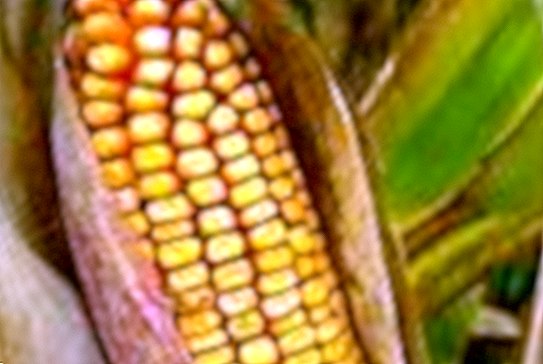Food without genetic engineering - that will work in the future

What will change for consumers? In the future, foods may carry the words "without genetic engineering". It will not be clear yet how the lettering will look, if there will possibly be a single label. Manufacturers and consumer associations want to discuss this in the coming weeks.
When will the first goods with the new label be found in the supermarket? Probably in the next few months. Since the vast majority of German consumers flatly rejects GM foods, the indication is effective. That's why many farmers and manufacturers will be interested.
Which products will concern it mainly? Milk, yogurt, meat and other food of animal origin. The problem is that of feed: of the 35 million tons of soy, which are imported into the EU every year, a large part of them are genetically engineered. In the future, growers will be more picky and pressure to get unmanipulated goods.
What exactly does the new hint guarantee? Example milk: The plants that eat the cows must not be genetically modified. It is only permitted that genetic engineering processes may be used in the production of feed additives (such as vitamins). The same applies to veterinary medicines.
On the next page, read how far genetic engineering has already found its way into German fields.
Why have most consumer organizations welcomed the new law? Because it is "a realistic regulation", as Jutta Jaksche, agricultural policy officer at the "Verbraucherzentrale Bundesverband" says. Theoretically, there was also the opportunity to label food as GMO-free. However, the farmer or manufacturer would have had to prove that even medicines or feed additives were not produced with the aid of genetically modified microorganisms. Therefore, the possibility was hardly ever used. "The consumer has nothing to do with regulations that are so strict that they can not be applied," says Jaksche.
What about organic products? Controlled organic goods (identifiable by the hexagonal label) are always produced without GMOs, and that's the case now.
What about the cultivation of genetically modified plants in Germany? So far, only corn is cultivated, on a total of 2700 hectares, which is 0.1 percent of total corn acreage - this year, however, the area is to be expanded. The new law stipulates that a minimum distance of 150 meters to unmanipulated maize plants should be maintained, to bio-plants 300 meters. The catch: farmers can agree with each other, to renounce this distance. "In the event of creeping contamination, not only the farmer, but also the general public would have the damage," says Jaksche. Next, possibly a genetically modified potato called "Amflora" to be grown.
What speaks against the expansion of cultivation? There are no studies on the long-term effects. If it turns out in ten years that there are unwanted consequences, they are no longer recoverable. After all, they are living organisms that can spread in unpredictable ways. France has stopped growing GM maize because of safety concerns.
Where genetic maize is cultivated all over Germany, this interactive map of Greenpeace shows.










